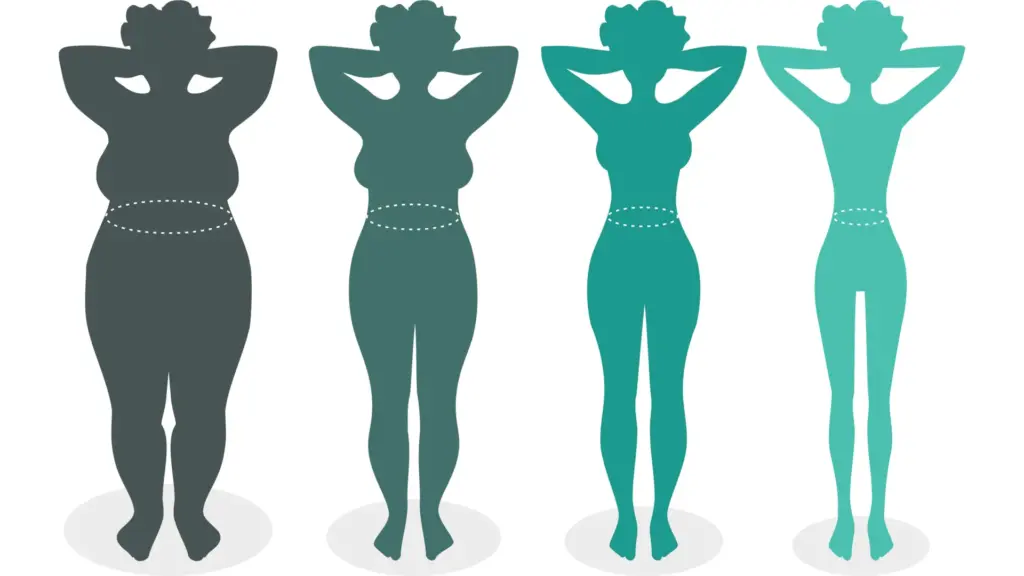A recent study published in Nature Medicine has shed new light on the impact of different food processing levels on weight management. The research, the longest experimental study of an ultra-processed food (UPF) diet to date, directly compared the effects of minimally processed food (MPF) and UPF diets on a group of adults. The results offer compelling evidence for the benefits of choosing less processed foods for weight loss and overall health.
This isn’t just another diet study; it’s a meticulously designed interventional trial that took place under “real-world” conditions. This means participants weren’t confined to a lab setting; instead, they received pre-portioned meals at home, allowing for a more accurate reflection of how these diets might impact people in their daily lives.
The Study Design: A Head-to-Head Comparison 🔬
Fifty-five adults participated in this groundbreaking research. They were divided into two groups. One group followed an eight-week MPF diet, consisting of foods like overnight oats and homemade spaghetti Bolognese, followed by a four-week break (washout period) to their regular diet, and then an eight-week UPF diet (breakfast bars, ready meals, etc.). The other group followed the diets in reverse order. The diets were carefully designed to be nutritionally equivalent, following the UK’s Eatwell Guide, ensuring equal levels of essential nutrients like fats, proteins, carbohydrates, and fiber.
Crucially, participants were not restricted in their caloric intake. They were given sufficient food and encouraged to eat as much or as little as they felt like, mimicking typical eating habits.
The Results: A Clear Winner Emerges ⚖️
After eight weeks on each diet, both groups experienced weight loss, but the extent of the weight loss differed significantly. The group following the MPF diet showed a higher weight reduction (2.06%) compared to the UPF diet group (1.05%). This translated to an estimated daily caloric deficit of 290 kcal on the MPF diet versus 120 kcal on the UPF diet. The weight loss on the MPF diet was primarily attributed to a reduction in fat mass and total body water, indicating a healthier body composition change without muscle loss.
Importantly, while a 2% weight loss over eight weeks may seem modest, the researchers project that, if sustained over a year, this would lead to a significantly larger weight loss, highlighting the long-term potential of choosing minimally processed foods.
Food Cravings: A Surprising Twist 🤔
The study also assessed participants’ food cravings using questionnaires. Remarkably, the MPF diet group reported significantly greater improvements in craving control than the UPF group, even though the MPF diet resulted in greater weight loss (which might typically increase cravings). This suggests that MPF diets might help manage appetite and reduce the urge to overeat.
Participants on the MPF diet saw a two-fold improvement in overall craving control, a four-fold improvement in controlling savory food cravings, and a near two-fold improvement in resisting their most craved food compared to those on the UPF diet.
Policy Implications: A Call for Systemic Change 🌍
The researchers emphasize that this study highlights the importance of addressing the environmental drivers of obesity, such as the wide availability of cheap, unhealthy ultra-processed foods. They advocate for policy changes, including warning labels, marketing restrictions, progressive taxation, and subsidies for healthier foods, to create a food environment that supports healthier choices for everyone.
The researchers acknowledge that not all ultra-processed foods are inherently unhealthy, but this study underscores the significant difference in weight management outcomes when comparing nutritionally equivalent MPF and UPF diets.
Secondary Health Markers: No Significant Negative Impacts 🩺
The study also monitored secondary health markers, including blood pressure, heart rate, liver function, glucose levels, cholesterol, and inflammation. Interestingly, there were no significant negative impacts observed from the UPF diet; in some cases, there were even slight improvements. However, the researchers caution that longer-term studies are needed to fully understand the long-term effects of these diets on these health markers.
The lack of significant negative effects on secondary health markers in the UPF group, despite the lower weight loss, suggests that nutritional balance is a key factor and not solely food processing, but the overall weight loss and craving control benefits of MPF remain significant.
Key Takeaways 🔑
- Minimally processed food (MPF) diets lead to greater weight loss than ultra-processed food (UPF) diets, even when nutritionally matched.
- MPF diets result in improved body composition, with reductions in fat mass and total body water, without muscle loss.
- MPF diets significantly improve craving control compared to UPF diets, even with greater weight loss.
- Policy changes are needed to create a food environment that promotes healthier choices and addresses the drivers of obesity.
This study provides strong evidence for prioritizing minimally processed foods in our diets. While more research is needed, the findings offer valuable insights into the complex relationship between food processing, weight management, and overall health. By making conscious choices about the foods we consume, we can take a proactive step toward better health and well-being.
Source: This diet helped people lose twice as much weight, without eating less



